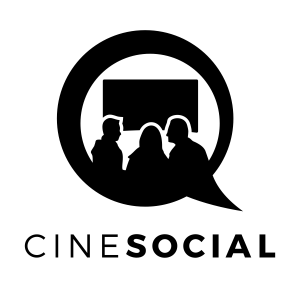Maysa Moncao settled into a talk with Good Will Hunting director Gus van Sant and found out a little bit about the late and much missed actor Robin Williams. Check out her LinkedIn profile for more and contact details.
Today I found out why there is always a movie about a scientist’s life that is a Oscar nominee. There happens to be an American foundation that sponsors them!
The Alfred P. Sloan Foundation has been responsible for a series of investments in the cinema industry lately, from Good Will Hunting to The Imitation Game. During the Tribeca Festival, I was invited for an After the Movie talk session hosted by Gus Van Sant (the director of Good Will Hunting), the actors Stellan Skarsgard and Minnie Driver and the scientist Paul Browde.
In a very likely homage to Robin Williams, Gus Van Sant says that he believes that the “central focus of Good Will Hunting is timeless” and that is the reason why the movie now is a cult. Another reason for its popularity is that both patient (Matt Damon) and therapist (Robin Williams) are “healed” and have their lives significantly changed after the treatment.
Driver reminded us of Williams’ incredible ability to improvise, that would take Damon and Skarsgard by surprise. So, during the rehearsal period, Williams would impersonate Jack Nicholson or other famous actor to say his lines. Even the last line in the movie was an improv: “He (Matt Damon) stole my lines”. That is curiously funny and also contradictory (as well as enriching the narrative), because the script was co-written by Damon and Ben Affleck. So who stole from who?!
Good Will Hunting is a real tale about how a trauma can sometimes encourage a genius. In that sense, Damon’s character could be any manifestation of genius; he could be a painter, or a pianist. His unbalanced behaviour or social delinquency is not a singular character trait in mathematicians, or physicists such as Will Hunting.
More than a kind homage to Williams, Tribeca Festival is grounded on talks and reflections about interesting issues. The cinema awakens our consciousness as dynamic social beings, but it also provokes the debate of art as way of reproducing itself. Dynamism and movement are, after all, ineherently related to the movies, both abstractly and concretely.
Maysa Moncao

